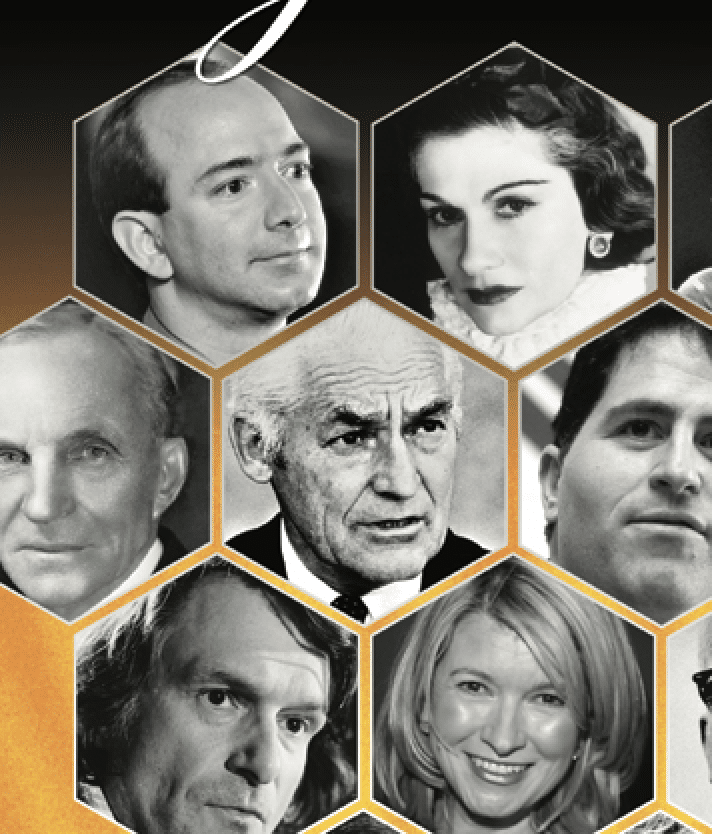
People who have different levels of intelligence usually have different interests. A person who is excited about quantum physics is not likely to attend a lot of monster truck rallies, although there may be an occasional exception. Neither choice is “better,” they are merely different interests. Consequently, people who move in these different spheres of interest seldom have much to share in conversation. The person interested in quantum physics may look upon the truck rally guy as having nothing to offer, while the truck rally guy may look upon the quantum guy as a geek.
The greater the cognitive demands of a subject, the fewer people are attracted to it. Consequently, those who are interested in arcane subjects with high cognitive demand are a rarefied group and intellectually separated from most people. This makes it more difficult for them to interact with most people, prompting them to connect with others of similar interest (as in the sitcom The Big Bang Theory).
Although there are many people of high IQ who learn social skills, those at the extremely high end of the IQ scale are so different from others that they cannot self-reference to understand how others feel in particular circumstances. An example of such a person was the brilliant physicist Paul Dirac whose biography was titled, The Strangest Man: The Hidden Life of Paul Dirac, Mystic of the Atom.
Another was Kurt Gödel whose completeness theorems shook the foundations of mathematics. In her biography of Gödel, Rebecca Goldstein wrote: Kurt Gödel struck almost everyone as seriously strange, presenting a formidable challenge to conversational exchange…John Bahcall was a promising young astrophysicist when he was introduced to Gödel at a small Institute dinner. He identified himself as a physicist, to which Gödel’s curt response was, ‘I don’t believe in natural science’.
Many of those whose IQ is high, albeit below stratospheric levels, are more likely capable of mixing socially, but they may choose to stay somewhat distant in expressing their opinions socially. To understand why, imagine that you are an atheist or a member of religion A and you are amongst a group of people deeply dedicated to religion B. You will be cautious about discussing religion, because you will be aware that this group has deeply-held beliefs that differ from yours. They would not likely be receptive to any dissenting opinions and there is no value to your in attempting to persuade them to your point of view. However, your reluctance to engage them might be interpreted as social awkwardness. You are merely recognizing the futility of attempting to share your perceptions.
While most people derive their opinions from the tribes to which they belong, the “movers and shakers” in the world are independent thinkers who arrive at their opinions through observation, study and instinct. Entrepreneurs like Henry Ford, Howard Hughes, Steve Jobs, Jeff Bezos, Martha Stewart, and Elon Musk were all seen as socially inept, truculent or “weird,” but that was merely a manifestation of the fact that they more intelligent than most people and were marching to the tune of a different drummer.
.
